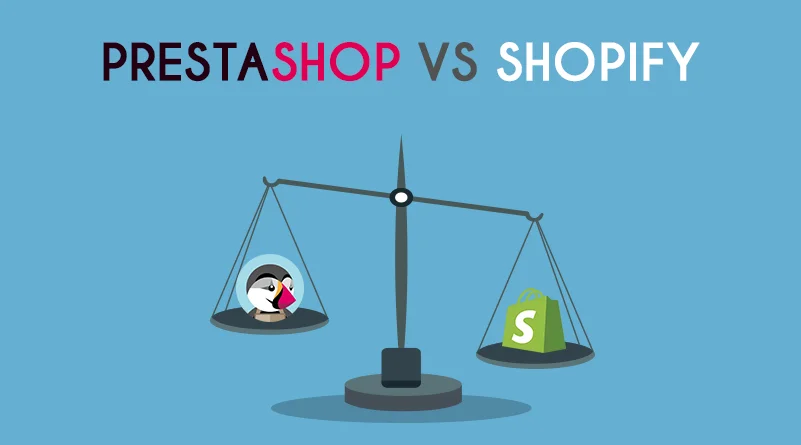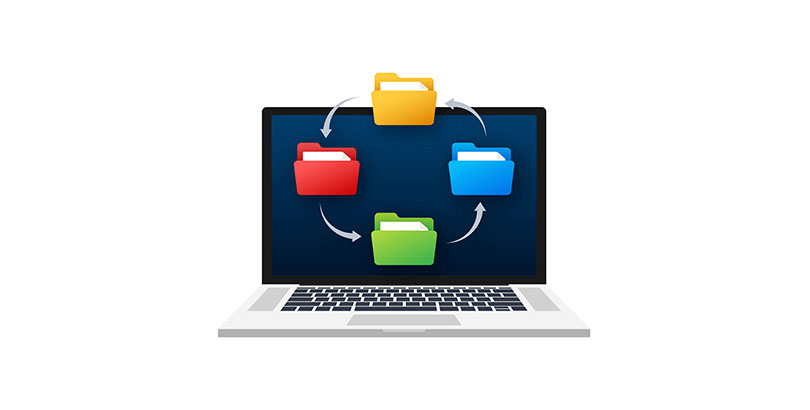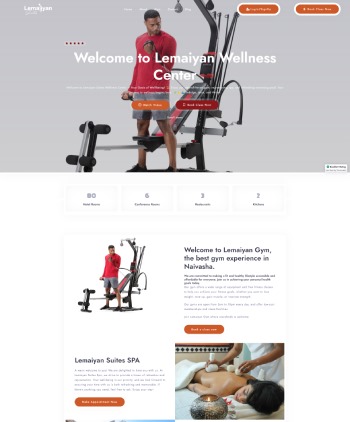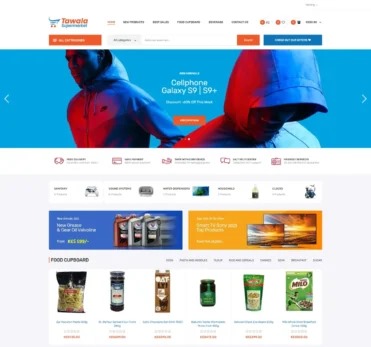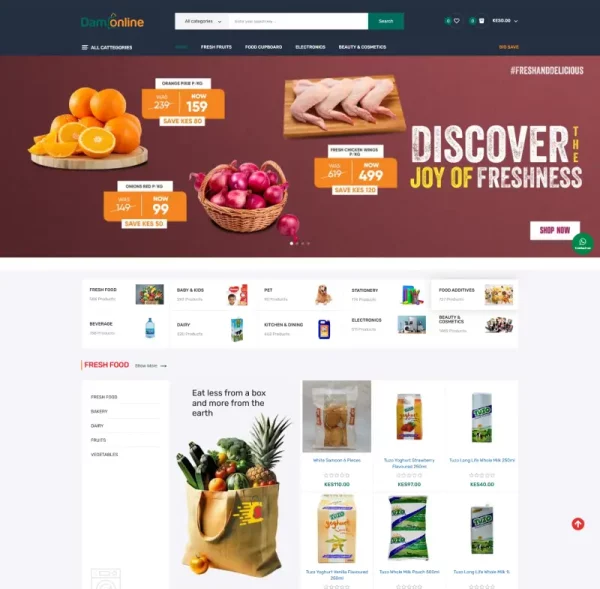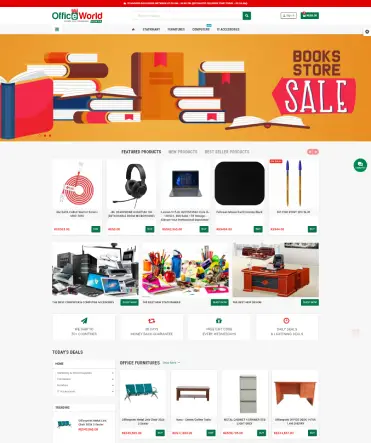Email marketing remains one of the most powerful digital tools for retailers across Kenya and Africa. It reaches customers directly, boosts repeat sales, and increases brand loyalty without the high advertising costs associated with social media or paid ads. Yet despite its potential, many Kenyan retailers struggle to make email marketing work. They send countless campaigns but see little engagement, low open rates, or almost no sales conversions.
This problem is not new. Retailers are increasingly collecting customer data through ecommerce checkouts, loyalty apps, and point of sale systems, but a large percentage fail to use that data effectively. For many businesses, email marketing becomes an afterthought rather than a strategic tool. The result is wasted opportunities and lost revenue in an industry where margins are already under pressure.
This article breaks down why email marketing fails for many Kenyan retailers and how any business can turn things around with the right systems, data practices, and automation. It also shows how E Startups Kenya supports retailers with modern digital solutions that make email marketing both effective and sustainable.

Why Email Marketing Matters for Retailers in Kenya and Africa
Retail in Kenya has changed dramatically in the past few years. More shoppers are browsing and buying on their phones. They discover deals through digital platforms. They compare prices on social media. They expect personalised communication rather than generic blasts.
A study by the Communications Authority of Kenya showed that mobile internet usage continues to rise, which means customers are reachable through email at almost any moment. Email also outperforms social media in return on investment, especially for ecommerce stores, supermarkets, fashion brands, electronics shops, and even wholesale suppliers.
Email marketing becomes even more important because advertising costs are rising. Platforms like Meta keep adjusting their algorithms, making it harder for small retailers to reach customers organically. Email gives retailers full control. When a customer signs up for your list, you have a direct line to them without fighting algorithm changes.
In African retail, where customer loyalty is everything, email helps businesses remain top of mind. A well timed message about restocked items, price updates, loyalty rewards, or new arrivals can drive instant sales. Yet despite these benefits, email marketing often fails due to avoidable mistakes.
The Real Reasons Kenyan Retailers Fail at Email Marketing
Many retailers jump into email campaigns without understanding the strategy behind them. Others simply copy their social media style and paste it into emails. Some rely on random tools that do not integrate well with their customer databases or payment systems.
One of the biggest issues is poor segmentation. Kenyan retailers often send the same email to every customer, regardless of their purchase history or interests. A customer who recently bought a fridge receives a promotion for the same item. A male shopper who buys sneakers gets promoted ladies handbags. A high spending customer gets lumped together with someone who only visited the website once. These mismatched messages lead to low engagement and high unsubscribe rates.
Another challenge is poor data quality. Retailers collect emails manually, or through loyalty books at the counter, and later discover the entries were inaccurate. Some customers have multiple emails. Others have abandoned accounts. When such data enters a system, campaigns get delivered to the wrong people or bounce entirely.

Some retailers also make the mistake of using outdated or non compliant email tools that land messages directly in spam folders. This happens when email sending servers are not authenticated or when campaigns are too image heavy. For many Kenyan retail brands, the first impression customers get is a promotional message sitting inside the spam tab. Naturally, this kills conversions.
Lack of content strategy is another key reason. Retailers often send only sales messages. Customers get tired of repeated product promotions without value driven content. There is no mix of educational tips, inspiration, loyalty rewards, or personalised recommendations. Without balance, email quickly becomes noise rather than a helpful resource.
Timing also plays an important role. Some businesses send emails at odd hours or too frequently. This irritates customers, especially in the Kenyan context where network charges or data bundles influence how often people open emails. Without understanding customer behaviour, timing becomes a guess instead of a data driven decision.
Finally, most retailers do not automate their marketing. Everything is done manually, meaning the business sends a campaign only when someone remembers or has time. Without automation, retailers miss opportunities like abandoned cart reminders, birthday messages, restock alerts, or welcome sequences that nurture new customers.
How to Fix Email Marketing for Kenyan Retailers
The good news is that these challenges are easy to fix with the right tools, systems, and mindset. The first step is to invest in a reliable email marketing platform that works well for African businesses. Tools that support audience segmentation, automated flows, and integration with ecommerce websites or point of sale systems can transform performance almost immediately.

The next step is cleaning and organising data. Retailers should merge duplicate customer profiles, remove inactive emails, and validate new entries. Once the data is clean, segmentation becomes much easier. Retailers can send different campaigns based on past purchases, age groups, locations, or browsing behaviour. This level of personalisation dramatically increases open and click rates.
Content strategy is equally important. Instead of only sending product promotions, retailers should share useful content. A fashion store can send styling ideas. A supermarket can share recipes. A gadget shop can give tips on smartphone care. A furniture store can inspire customers with home decor ideas. When content is valuable, customers remain subscribed and engaged.
Automated workflows should be a must. They help retailers deliver emails even when no one is manually sending them. Examples include welcome emails, cart recovery reminders, product recommendations, customer re activation messages, and review requests after a purchase. Automation saves time and increases revenue at the same time.
Retailers should also test different versions of their emails to determine what works. Testing subject lines, images, call to action buttons, and timing helps improve performance over time. With consistent testing, email marketing becomes a predictable revenue driver rather than a gamble.
To improve deliverability, retailers must authenticate their domains, use text rich rather than image heavy emails, and avoid sending too many messages in a short period. A steady and clean approach ensures emails land in the inbox and not the spam folder.
How E Startups Kenya Helps Retailers Transform Email Marketing
E Startups Kenya provides complete digital solutions that help Kenyan retailers run effective and profitable email campaigns. The team helps businesses set up modern ecommerce websites, CRM systems, and automated marketing tools that capture customer data cleanly and use it intelligently.
Retailers benefit from email systems that integrate directly with payment platforms such as M Pesa and Airtel Money, giving them deeper insights into customer spending patterns. E Startups Kenya also supports businesses with automation powered by artificial intelligence, allowing retailers to send smart recommendations, win back inactive customers, and predict customer behaviour.
The company helps set up mobile first strategies that ensure customers engaging through phones receive properly formatted and easy to read emails. For retailers needing more advanced solutions, E Startups Kenya provides custom software that unifies point of sale data, online sales data, and loyalty program data, giving retailers a central location for managing all communication.
Retailers also benefit from training, internal linking between their digital assets, and insights based on data analytics. With this support, email marketing becomes a reliable revenue channel instead of a burden.
Frequently Asked Questions
What type of retailers benefit most from email marketing in Kenya
Any business with repeat customers benefits, including supermarkets, fashion stores, cosmetics shops, electronics dealers, and ecommerce brands.
How often should a retailer send emails
A good pace is one to two times per week depending on customer behaviour and type of content. The focus should be quality rather than frequency.
What tools work well for email marketing in Kenya
Tools that integrate with ecommerce sites, M Pesa payments, and CRM systems work best. E Startups Kenya helps retailers choose and set up the right system.
Why do emails go to spam
This happens when the sending domain is not authenticated, the emails are too heavy with images, or the business sends too many emails at once.
Do automated emails really increase sales
Yes. Automated flows like abandoned cart reminders and welcome sequences are proven to drive consistent revenue.
Conclusion and Call to Action
Email marketing remains one of the most valuable tools for retailers across Kenya and Africa. It delivers strong returns, improves customer relationships, and boosts repeat sales. Retailers fail mainly because of poor data, lack of segmentation, weak content strategies, and missing automation. With the right systems and guidance, email can easily become a major revenue driver.
If your retail business wants to improve its email marketing, strengthen customer engagement, or integrate modern automation tools, E Startups Kenya is ready to help. Reach out today and let us build a simple, powerful, and profitable digital system for your business.


